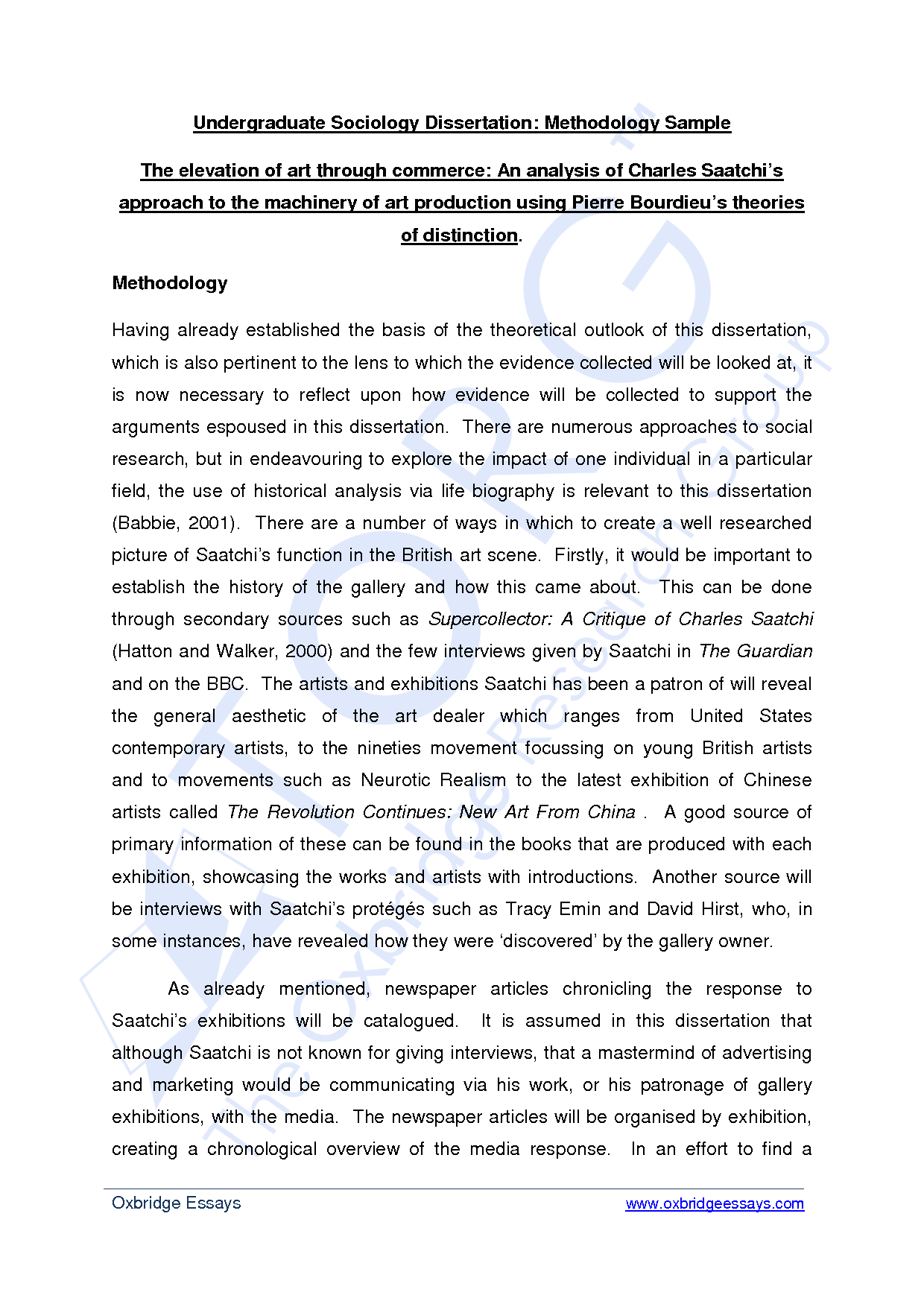Writing a scientific report - University of New England.
Writing a Science lab report Many of your Science units will require you to write a formal laboratory report. The purpose is to report on what you did, what you learned from an experiment and why the findings matter. The marker is looking for evidence that you.The presentation of information in the introduction needs to be building the case for defining the gap in the research this study aims to fill. Although the aim of the research is outlined here, the reason for making this comparison has not been established.Writing the Scientific Paper. W hen you write about scientific topics to specialists in a particular scientific field, we call that scientific writing. (When you write to non-specialists about scientific topics, we call that science writing.) T he scientific paper has developed over the past three centuries into a tool to communicate the results of scientific inquiry.
A scientific report moves from general to particular to general. It begins in the Introduction with the theory related to the experiment, moves on to the work carried out in the Methods and Results sections and returns to general ideas in the Discussion by discussing whether.The guide breaks down the scientific writing process into easily digestible pieces, providing concrete examples that students can refer to when preparing a scientific manuscript or laboratory report. By increasing undergraduate exposure to the scientific writing process, we hope to better prepare undergraduates for graduate school and productive careers in the biological sciences.

Why write scientific reports? It is important to demonstrate your understanding of the science that you have studied and practised by writing about it in a scientific report. The general purpose is to give you practice at writing professional reports for your future career in science, where the ultimate aim is to publish your research findings in order to share them with the wider scientific.












